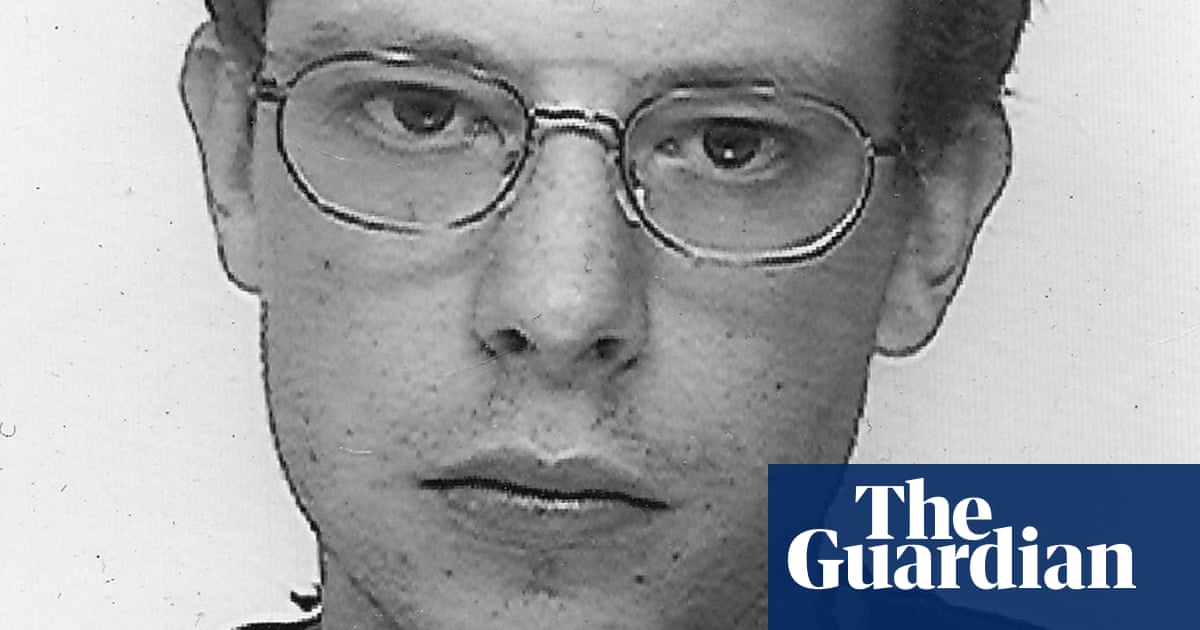
The way in which police officers restrained a man with drug-induced psychosis “more than minimally” contributed to his death in Luton in 2013, an inquest jury in Milton Keynes has found by unanimous verdict.
Leon Briggs, a 39-year-old father of two of mixed ethnic background, was a lorry driver and also taught computer skills to older people. His family described him as “a loving brother and father, caring and genuine”.
He was detained under the Mental Health Act and taken to Luton police station on 4 November 2013. Briggs died about two hours later at Luton & Dunstable hospital as a result of “amphetamine intoxication in association with prone restraint and prolonged struggling”, with a secondary cause of heart disease, the senior coroner Emma Whitting has previously said.
His family said the fact that the inquest, which began on 4 January 2021, had taken seven years to complete compounded their grief and distress over his loss.
The 10 members of the jury were asked to consider findings of unlawful killing and neglect. They rejected unlawful killing and found neglect.
Brigg’s mother, Margaret, said: “Seven and a half years ago, my life changed for ever when my son Leon was cruelly and brutally taken away. On this day his children lost a much-loved and devoted father. During this inquest we have heard evidence that has convinced me that Leon was unlawfully killed by the police. This should have been the conclusion today.
“He committed no crime and yet he was restrained face down on the floor, with force used against him, and he was shackled. We think that Leon’s race was a factor in the way he was treated by the police. He was treated as someone who posed a threat rather than someone in need of help.”
The jury found “a series of omissions and failures” by Bedfordshire police and East of England ambulance service.
The ambulance service acknowledged a series of failings before the jury began its deliberations, including a failure to assess Briggs, communication failures and a failure to recognise and treat Briggs as a medical emergency.
The jury was asked to answer 40 questions, and in their answers they identified multiple failings. They found that the use of force on Briggs in the street, failure to recognise that he had become a medical emergency, failure to do a proper handover when Briggs arrived at Luton police station, failure to realise that he was not medically fit to be detained, and failure to monitor him appropriately more than minimally contributed to his death. It found that inappropriate weight or pressure was applied to Briggs.
The jury also found that a psychostimulant-induced psychotic disorder and heart disease more than minimally contributed to Briggs’ death. They also found that police officers had believed it was necessary to use force on Briggs and that the use of force on Briggs in the circumstances was reasonable.
The inquest heard evidence from Briggs’ mother about the deterioration in his mental health in the months and weeks before his death, and his family’s mounting concern about this. He had agreed to go to hospital to seek help on the day he died.
On the day of his death, 4 November 2013, police were called after Briggs was witnessed behaving strangely, walking and skipping along the street, moving in and out of shops and weaving in and out of traffic.
At about 2pm that day he was restrained on his front in a prone position in the street in Luton, at the junction of Marsh Road and Willow Way. His hands were handcuffed behind his back and his legs were tied with straps.
Video footage does not clearly show this restraint. However, Briggs can be seen being carried face down into a police van.
A second piece of footage then shows him at the police station at about 2.25pm where he can be heard repeatedly screaming “no”. He is seen being placed face down in a police cell and the handcuffs and leg restraints are removed. Soon afterwards he falls silent. Police officers can be heard asking if he is all right.
Three minutes later the cell door was opened and then an ambulance was called. He was taken to Luton & Dunstable hospital at about 3pm and pronounced dead at 4.14pm.
The Independent Police Complaints Commission (now the Independent Office for Police Conduct, or IOPC) referred the case to the Crown Prosecution Service in March 2016 to consider manslaughter charges. In 2018 the CPS said no further action would be taken. In February 2020, Bedfordshire police were due to carry out a gross misconduct hearing against various officers involved in the incident.
There were allegations that three police officers had breached professional standards concerning use of force and that five officers had breached standards relating to their duties and responsibilities. However, Bedfordshire police said they would not present any evidence against their officers, so the IOPC had to withdraw the directions of misconduct and the hearing did not go ahead.
The deputy chief constable of Bedfordshire police, Trevor Rodenhurst, said: “The jury has today identified a number of significant failings by the police which contributed to the death of Mr Briggs, and for this we are truly sorry.
“The attending officers chose to restrain him so he could be taken to a police custody suite, which was a recognised place of safety, where he could be properly assessed. By the time it became apparent he was a medical emergency it was too late to save him, despite their concerted efforts.”
An East of England ambulance service spokesperson said they apologised for shortcomings in the medical assessment of Briggs. They said: “Much work has taken place since this sad case to better support and treat patients in a mental health crisis, including the introduction of a dedicated mental health street triage team in the area, and we will review and act on the coroner’s findings to ensure that any further lessons are learned.”
Anita Sharma, the head of casework at Inquest, who has worked closely with the family, said: “This damning conclusion is an important recognition of the seriousness of the system-wide failures. The police will say that seven years on, things have changed. Why then are black men still subject to disproportionate use of force by police? Why are they more likely to die after police contact, particularly when in a mental health crisis? And why have the police resisted scrutiny and accountability since his death by neglect?”












